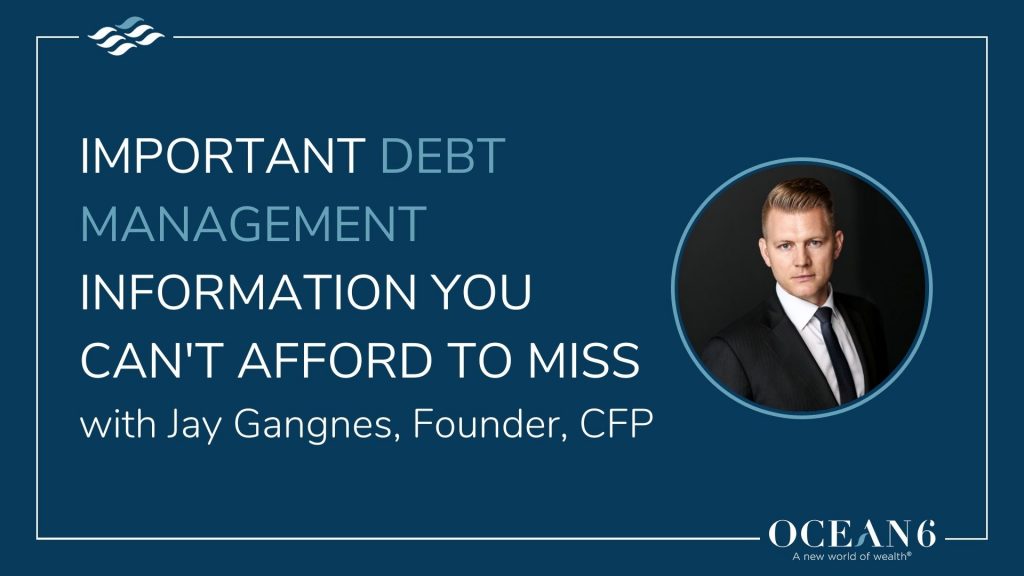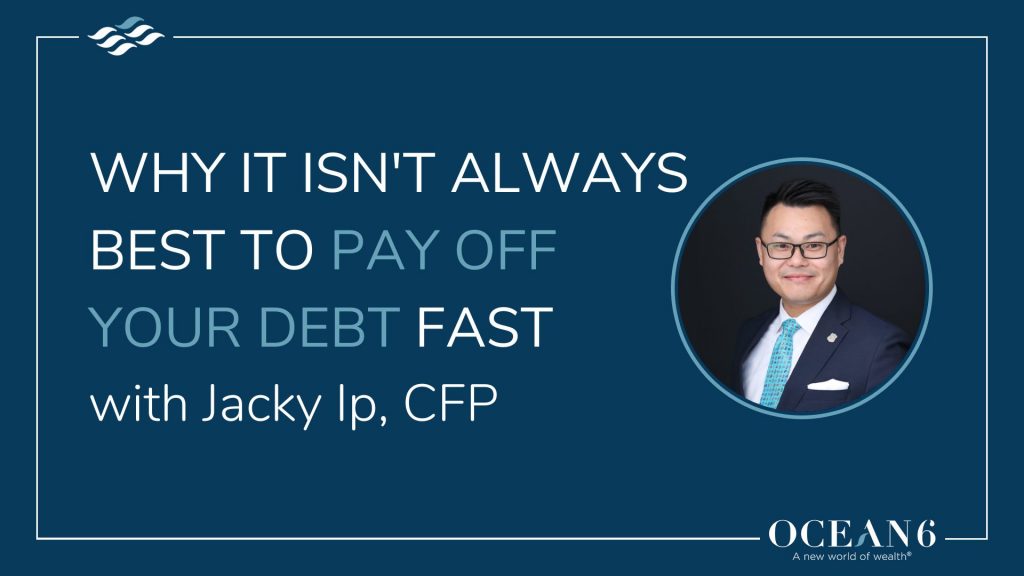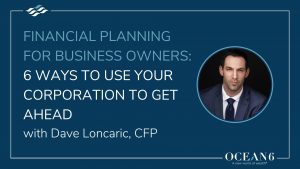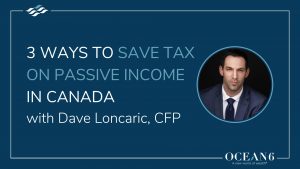A proper financial plan will address every aspect of your financial picture, but something that is often not properly addressed is personal debt. If you’re not using debt to your advantage, you’re missing out because debt is an innovative tool for wealth creation for successful business owners.
Why Debt is Ignored in Your Financial Plan
When we meet new clients, we commonly find that no one has ever properly organized their debts. People think the only way to pay your mortgage is to stick with the schedule and pay it off in 25 or 30 years.
But, what if there are better and faster ways than the traditional approach to paying off debt?
Financial planners with your best interests at heart will walk you through the benefits of tax deductibility and help you use debt to your advantage. But the financial industry doesn’t reward financial advisors for spending the time to review your debt as there is no compensation in it for them.
Traditional commission-based financial advisors tend to focus on how much you can save in a month, therefore, how much you can put towards investments or insurance.
This way, they can profit off the investment and insurance products they sell you. You risk missing opportunities to restructure your debts and pay them off faster or free up more cash to use elsewhere.
(Want to reduce tax and beat the banks? Here’s how to structure your debt so you can win)
Fee-for-advice financial planners will build you a financial plan that involves innovative debt solutions to create more wealth and lower interest payments.
Build Wealth Using Debt
To use debt to your advantage, you must understand the difference between good vs. bad debt:
Good debt:
- Interest payments are tax-deductible
- Builds wealth
- Low-interest rates
- Creates new opportunities
Bad debt:
- Interest payments are not tax-deductible
- Depreciates wealth
- High-interest rates
- Takes away new opportunities
An example of good debt is a mortgage on an investment property. It’s an investment that will build wealth and create opportunities over time from the property’s increasing value. There’s the benefit of tax-deductible interest payments too.
A common example of bad debt is credit card debt. More often than not, the purchases you make on your credit cards like clothes, food, and expenses depreciate wealth. Interest rates are high and not tax-deductible.
(Here are some important debt management tips you can’t afford to miss)
Be mindful of the bad debts you take on and make the most of good debts to build your wealth.
Using a mortgage to your advantage
A mortgage is both a debt and a wealth creation tool. Most people don’t have the cash to buy a property, so they use debt to acquire the asset sooner.
A classic way business owners can use debt to build their wealth is strategically managing their mortgages. Business owners will normally have a traditional mortgage set up for their investment property and principal home. However, from a tax perspective, it doesn’t make sense to pay down the mortgage on the investment property until you’ve paid off the mortgage on your principal home.
The interest on the mortgage for your principal home is not tax-deductible, whereas the interest on the investment property is. By switching to interest-only payments on your investment properties, you can reallocate more money towards paying off your principal home mortgage faster.
Chances are, the interest rate on your investment home mortgage and your principal residence are very similar. This strategy will get you maximum tax savings and speed up the time it takes to pay off both debts.
When you’re not careful with how you structure your debts, you’re essentially donating money to the CRA and the banks.
Watch the video on this strategy
If you’re wondering why you haven’t heard of this strategy before, your financial advisor may be ignoring debt strategies in your financial plan. Understand how your financial advisor gets compensated, so you know what motivates them. Fee-for-advice financial planners have a fiduciary duty to act in your best interest and save thousands of dollars.
In our Blueprint planning process, we teach simple ways to identify which debts to prioritize and which debts to avoid. We look at your financial picture holistically to make sure every component of your money is working hard for you, not the other way around.
Do you want innovative debt strategies to save you tax and get you further ahead? Book a call, we’d love to help.












